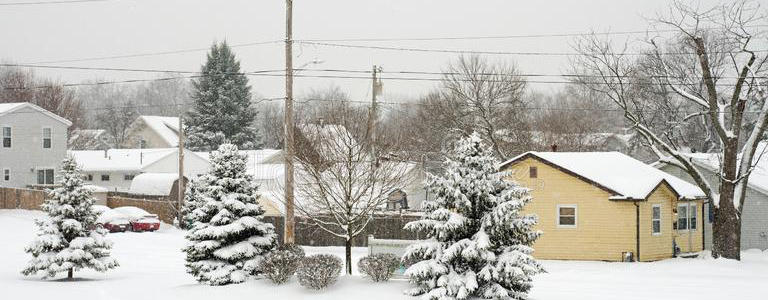From burst pipes to hazardous road conditions, there are several costly problems severe winter weather can bring to your community. Since the types of damage that winter weather can cause may be covered under different types of policies, in this guide we’ll break down what types of coverage you may need to keep Jack Frost from nipping at your association’s funds.
Water Damage
One of the biggest culprits when it comes to the property damage incurred during the winter months is frozen pipes. If not caught immediately, having your pipes freeze and burst can cause extensive water damage to your property.
Since it may not be possible for an association’s community property to have someone present 24/7 to monitor for such emergencies, a community’s facilities may be at higher risk during extreme winter weather. When proactively planning for such disasters in your community, be sure to review your association’s current insurance coverage to ensure that your community is protected in the event of extensive water damage.
Since general policies usually don’t cover flooding, you may discover that flood insurance may be needed to fully protect your association. If your community lies in a zone that is prone to flooding or is likely to experience frequent hard freezes throughout the year, we highly recommend exploring flood insurance policies that could ensure your community is prepared.
For more information on flood insurance and how it can protect your community, we recommend checking our FAQ Guide to Flood Insurance.
Fire Coverage
According to FEMA, fires that start in the home occur more often in the winter than any other season. Home heating solutions, chimneys, holiday decorations, and a drier climate all increase the risk of a fire starting on your property.
While most property insurance policies cover fire, the winter months are a good time to check your insurance to ensure that your policies fully cover your association’s property should damage impact any of your facilities.
Injuries and Accidents
When it comes to cooler weather, frozen pipes aren’t the only risk your community is facing. A deep freeze can create icy sidewalks, hazardous road conditions, and fallen tree branches, all of which could lead to injuries, accidents, and liability.
Below we’ll cover a few different types of insurance policies and how they can assist your community in the event of an accident and/or injury.
General Liability Insurance: This type of policy will cover the community in the event that the association is found liable for injury to a third party or damage to a third party’s possessions.
For example, if an icy, dead tree branch were to fall on a homeowner’s car as they are driving out of the community, resulting in an injury for the driver, the association could be found liable for not properly pruning the trees prior to the winter storm.
Commercial Vehicle Insurance: If you’ve ever driven on an icy road, you know how quickly you can lose control over your car. If your association has a vehicle that is used when conducting association business, then additional commercial vehicle insurance coverage will be needed to ensure your community stays protected—especially during hazardous weather.
Workers’ Compensation Insurance: This type of coverage is common in most workplaces, but a homeowners association is no exception. Should an employee or someone performing work on behalf of the HOA become injured, you’ll want to ensure your association has proper coverage.
Here at Blue Lime, we want you to feel good about the policies you have for your HOA. We’re happy to help you gain the knowledge, and coverage, you need. Reach out with any questions you have, and, if you haven’t already, get a quick quote for HOA insurance today!





